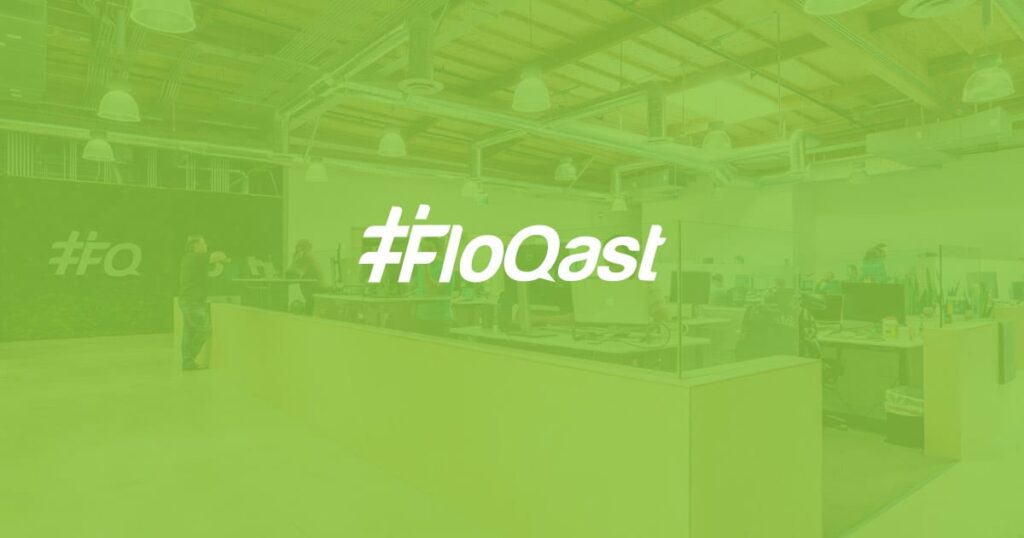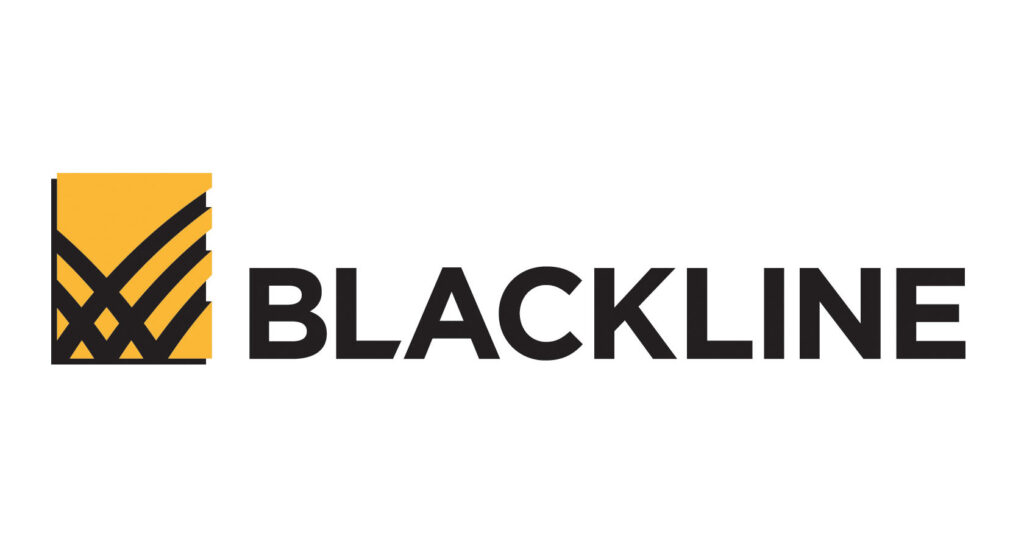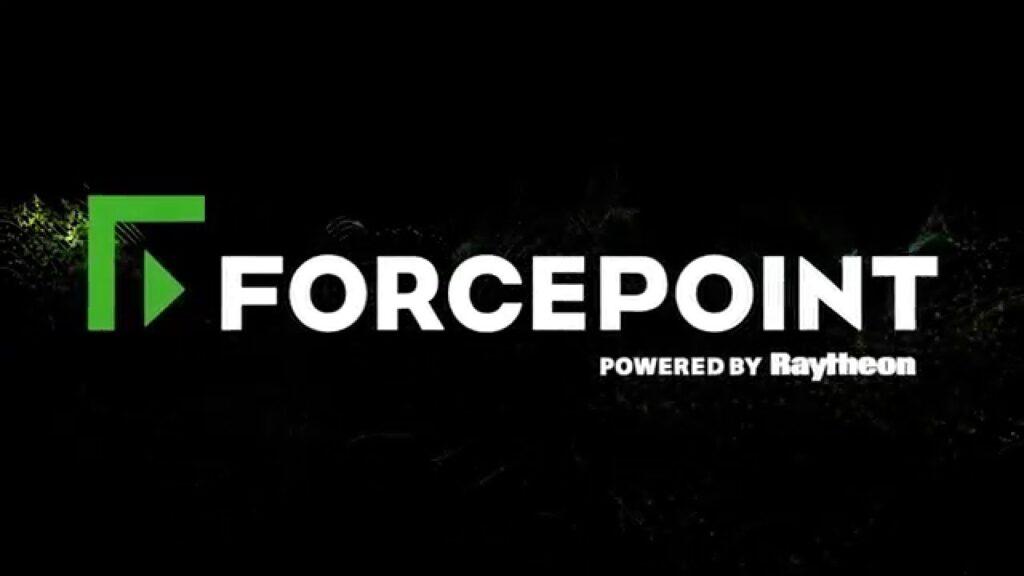FloQast, A Software Company That Simplifies The Accounting Process.
FloQast is an industry leader in accounting process automation. The company, which was founded in 2013, offers a close management system to accounting departments in companies to assist them in the better balancing of the accounts each month. FloQast’s automating of routine accounting processes, streamlines and increases the efficiency of the accounting process.
About The Company
FloQast is a provider of accounting software with headquarters in Los Angeles, California. The company provides one of the best Financial Close Management workflow optimization tools enabling businesses to implement accounting excellence. Over 1,600 financial accounting teams trust FloQast, which was created by accountants for accountants to improve the efficiency of accounting teams. The company’s clients include Roblox, Zoom, Twilio, Snowflake, and Los Angeles Lakers. Customers may automate workflows like automated reconciliations, requests for documentation, and other procedures that affect the closing process at the month’s end with the help of FloQast. Since its founding, the company has received numerous mentions in major magazines as one of the finest places to work in the LA tech scene.

History
Chris Sluty, Mike Whitmire, and Cullen Zandstra established FloQast. Whitmire was a senior accountant at Cornerstone OnDemand when he first had the idea for the business. Whitmire set out to develop a product that would aid finance and accounting teams during the frantic financial close process after personally experiencing the difficulties accounting teams faced when closing the account books each month, including ineffective procedures, out-of-date workflows, and flawed organizational structures. Whitmire selected Zandstra to serve as the CTO and co-founder after coming up with the idea. The two created a minimal viable product (MVP), which led to their acceptance into the esteemed Amplify.LA accelerator program. Whitmire enlisted Sluty, to join the team as co-founder, COO, and head of customer success after the company received its initial funding. In 2014, the company received $1.3 million in seed funding from Amplify.LA and Toba Capital. In 2017, FloQast received $25 million in Series B funding after a period of expansion during which the business tripled its revenue. In 2021, the firm raised $110M in Series D financing. With this, FloQast has now received $203M in funding overall.
Product
FloQast is a SaaS application. The month-end closure of an organization’s financial books is automated by the financial close management software, which integrates with Microsoft Excel and makes use of process management, reports, and collaboration. By providing accounting departments with checklists and tie-outs connected to Excel workbooks and the client of firms’ enterprise resources planning (ERP) system, the software automates reconciliations and, as a result, speeds up the financial closure process. FloQast ‘s AutoRec is a technology that uses artificial intelligence to aid in the automation of the reconciliation process. FloQast works with cloud-based file storage platforms like Google Drive, Box, Google Drive, Dropbox, OneDrive, etc. The easy and simple configuration products from FloQast improve the way accounting departments now operate so they can work more efficiently.
Founder – Mike Whitmire; Chris Sluty; Cullen Zandstra
Chris Sluty and Mike Whitmire, former corporate accountants, and seasoned software programmer Cullen Zandstra established FloQast. Whitmire was a senior accountant at Cornerstone OnDemand when he first had the idea for the business. Cullen Zandstra later joined them as the co-founder of the company.
CEO – Mike Whitmire
Mike Whitmire is the CEO of FloQast. Mike worked on the finance and accounting team at the quickly expanding Cornerstone OnDemand before starting FloQast. Mike started his auditing career with Ernst & Young, where he concentrated on the media and entertainment industry. He carried out public business audits, opening balance sheet audits, cash to GAAP restatement, etc at EY. Mike earned a bachelor’s degree in accounting from Syracuse University.

I am a law graduate from NLU Lucknow. I have a flair for creative writing and hence in my free time work as a freelance content writer.




